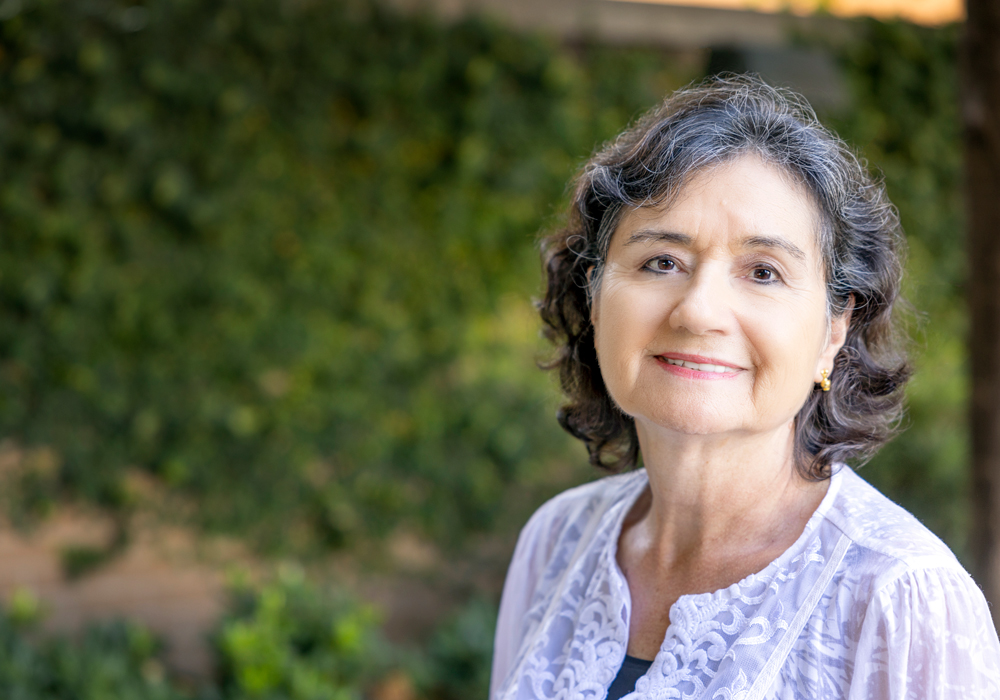For Hispanic Heritage Month, UofSC Today spoke with several faculty members about why they came to the university, the focus of their work and how their background informs their outlook.
Myriam Torres is a clinical associate professor in the Department of Epidemiology and Biostatistics at the Arnold School of Public Health. She also serves as the director of the Consortium for Latino Health Studies.
Where are you from?
Colombia, South America.
What brought you to the University of South Carolina?
I first came to the university in 1989 as a master’s student. I also earned my doctorate and post doctorate training at the university before becoming a faculty member.
When I first came for my master’s, I came with other colleagues from Colombia and we faced several problems with our graduate school application, but Winona Vernberg, dean of the School of Public Health at the time, opened her arms to us and said that the school would love to have us as students.
We were embraced by the School of Public Health from the beginning, and I knew I wasn’t going to go anywhere.
I began to realize public health was for me when working as a nurse in Colombia — and then epidemiology, because I love being able to collect and/or analyze data that will be used for program planning, policy and advocacy.
What is your primary research focus?
My research interests include health aspects among Hispanic and Latino populations. I also collaborate with researchers who want to conduct research with these populations. Being the director of the Arnold School of Public Health’s Consortium for Latino Immigration Studies allows me to form partnerships to focus on Latino populations.
Have you been able to connect with others who share a similar background, either at the university or in the broader community? If so, how?
I was a part of launching the Hispanic and Latino Faculty Caucus from the beginning. I felt it was important to have a place for us to unite and support each other. We are small in numbers but committed to teaching and conducting research so students can find people like them in the classroom, in research and through service. Additionally, it’s important that every student at the University of South Carolina can experience diverse faculty members.
Did your background/where you grew up shape your decision to get into higher education and become a professor?
I studied to become a nurse but right after finishing nursing school, I was asked to work with and teach first-year students. The same thing happened when I came to the University of South Carolina. I was asked to teach an introductory course in epidemiology as a graduate student and continued to do so for several years.
I began to realize public health was for me when working as a nurse in Colombia — and then epidemiology, because I love being able to collect and/or analyze data that will be used for program planning, policy and advocacy.
Who are your Hispanic or Latino/Latinx role models? Any favorite Hispanic- or Latino/Latinx-themed music, movies, books?
My grandmother, Ines, was very important to me. But all the women in my family have been very important to me including my mother, sisters and aunt.
One of my favorite authors is Gabriel Garcia Marquez. He is a Colombian novelist who wrote One Hundred Years of Solitude and received the Nobel Prize in literature in 1982.
